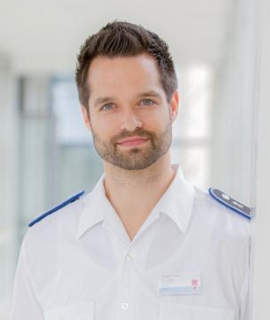Title: Endodontic complications: Prevention and management
Abstract:
- Endodontic Complications: Prevention and Management
The number of endodontic treatments over the last 20 years stays on a constant level, whereas the number of surgical interventions e.g. resection of the apical root, decreases. One reason for this development is the continuous improvement of technical and educational standards. The root canal system with its complex anatomy has a number of pitfalls for dentists who provide endodontic treatment. Minor "mistakes" such as undersized access can, however, be easily corrected by the tissue-saving expansion of the opening. This will have an extremely positive impact on all subsequent treatment. The situation is different when complications arise that force the attending dentist to admit the patient to the hospital for acute treatment. In addition to anaphylaxis due to local anesthesia, which is a general risk in dentistry, endodontic treatment can also induce emphysema when the root canal system is irrigated and the irrigation solution is driven into adjacent tissue. A complete diagnosis and permanent monitoring of the treatment protocol should prevent such extreme situations for both the dentist and the patient. In addition to minor complications and such extreme situations, there are, however, numerous pitfalls that may lead to time-intensive follow-on treatment or even tooth loss. Such problems can often be avoided if dentists observe the basic principles of endodontics from the very beginning and make use of technical innovations in modern dentistry. Treatment begins with diagnosis. As in implantology, cone beam computed tomography allows dentists to develop a coordinated treatment concept in complex cases. Together, diagnostic and therapeutic procedures can help dentists to avoid pitfalls and to successfully manage complications.




